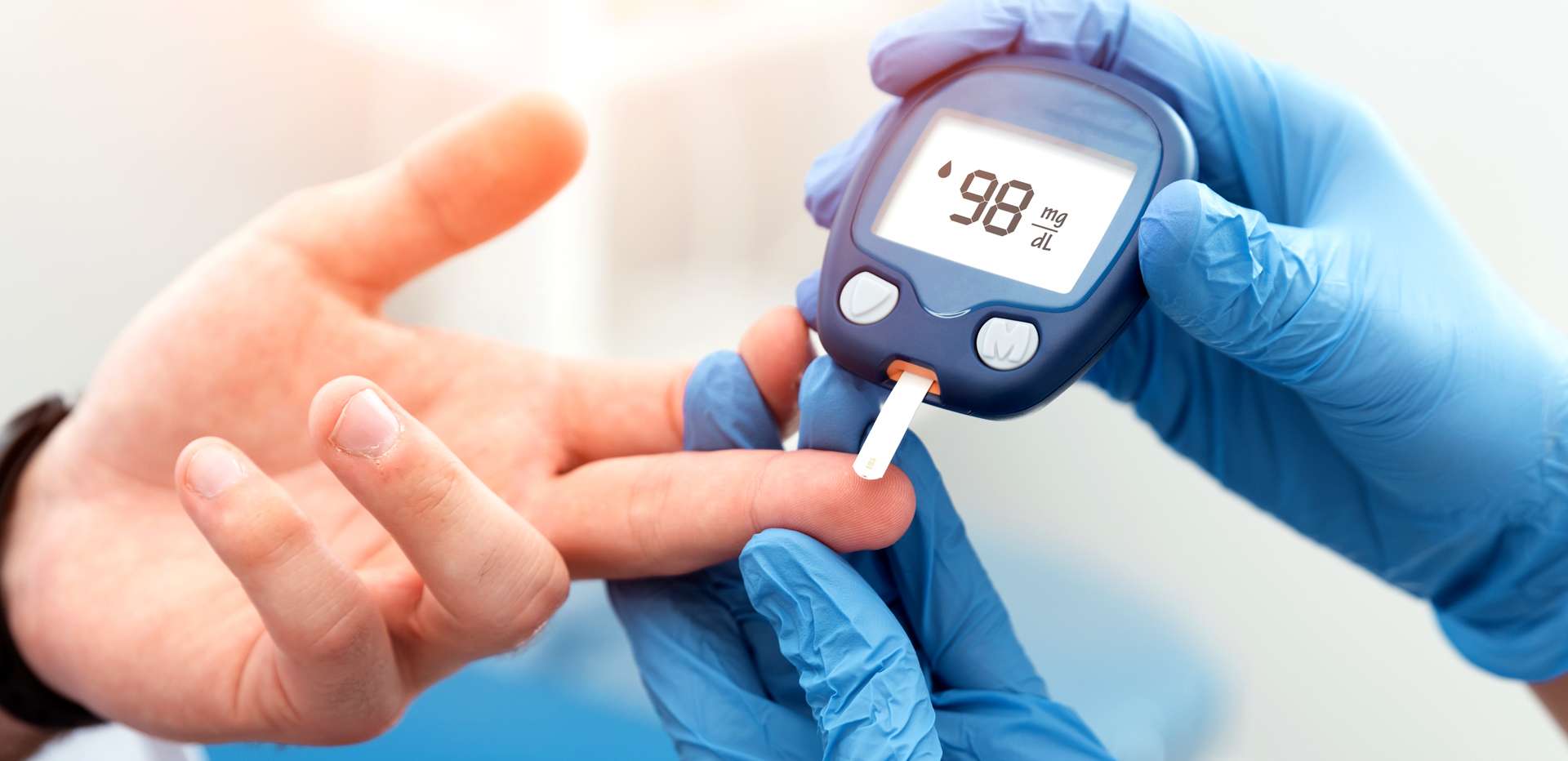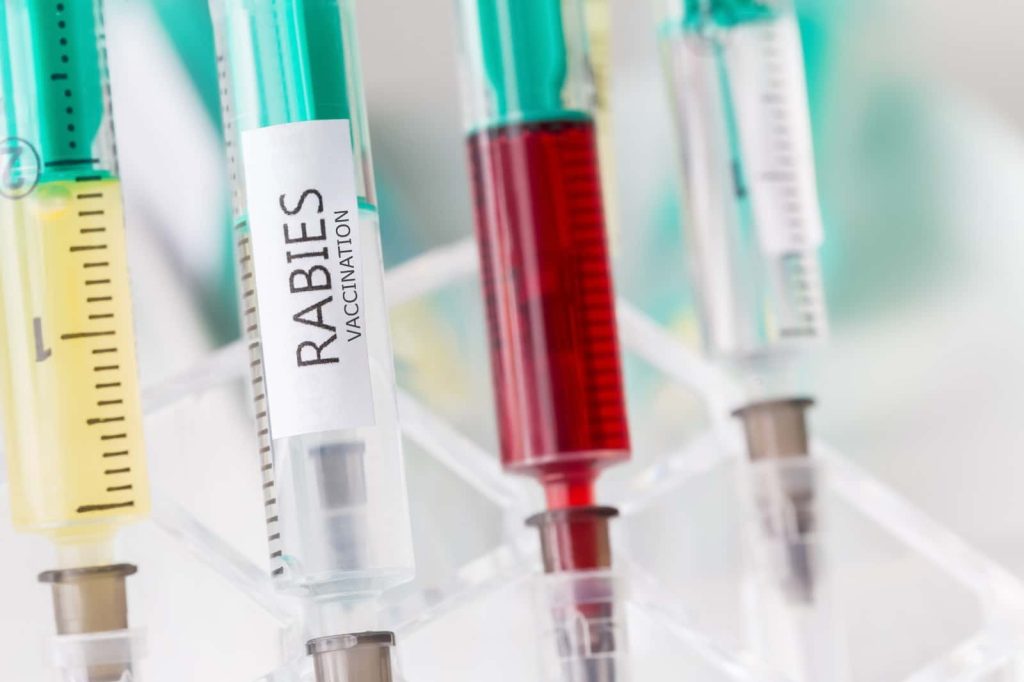Rabies is a serious viral disease that can affect humans and animals. It is important to be aware of the symptoms to seek timely medical attention. While getting the rabies vaccine is the best preventive measure, understanding the signs of rabies in humans is equally important.
In the UK, including London, the rabies vaccine is available through the NHS and it is essential to be informed about both the vaccine and the symptoms associated with rabies.
Rabies and its Transmission
Rabies is primarily transmitted through the saliva of infected animals, usually through bites. It’s important to note that rabies is a deadly disease and once symptoms appear, it is almost always fatal. Therefore, recognising the signs early on is essential for seeking immediate medical help.
Rabies Vaccine in the UK
In the UK, particularly in London, the rabies vaccine is readily accessible through the National Health Service (NHS). The vaccine is a preventive measure that protects against the virus. While it is essential to be aware of the availability of the vaccine, understanding symptoms of rabies in humans is equally important for timely intervention.
Common Symptoms of Rabies
Identifying symptoms is the first step in managing any disease and rabies is no exception. Rabies symptoms can be categorised into two stages: the prodromal stage and the acute neurological stage.
- Prodromal Stage
- Acute Neurological Stage
Prodromal Stage
The prodromal stage is the initial phase of rabies infection, lasting for 2-10 days. During this stage, individuals may experience flu-like symptoms such as fever, headache and fatigue. It’s essential not to ignore these symptoms, especially if there is a history of animal exposure.
Acute Neurological Stage
As rabies progresses, it enters the acute neurological stage, which is marked by more severe rabies symptoms. These may include anxiety, confusion, hallucinations, difficulty swallowing and excessive saliva production. Fear of water, known as hydrophobia, is a classic symptom of rabies and often occurs due to the inability to swallow liquids.
Side Effects from Rabies Vaccine
While the rabies vaccine is an important preventive measure, it is essential to be aware of potential side effects from the rabies vaccine. The common side effects from the rabies vaccine are generally mild and include pain or swelling at the injection site, fever and headaches. Severe side effects are rare, emphasising the overall safety of the vaccine.
The NHS provides the rabies vaccine as part of its commitment to public health. Individuals at high risk of rabies exposure, such as those traveling to regions where rabies is prevalent, are encouraged to seek vaccination. Additionally, individuals working closely with animals or at risk of bites should consider the vaccine.
Prompt Medical Attention
Recognising the symptoms of rabies is not only about personal health but also about preventing the potential spread of the virus. If there is any suspicion of rabies exposure or symptoms, it is important to seek immediate medical attention. The sooner medical help is received, the better the chances of preventing the progression of the disease.
Final Thoughts
Understanding the symptoms of rabies in humans is vital for early detection and seeking prompt medical attention. The rabies vaccine in the UK, including London, is a valuable tool in preventing the disease, especially for individuals at high risk of exposure. While being aware of the vaccine’s availability, it is equally important to recognise the signs of rabies and act swiftly to ensure the best possible outcome. Remember, when it comes to rabies, awareness and prevention go hand in hand.
Prioritise your health! Book your rabies vaccination at Touchwood Pharmacy – your reliable partner in well-being. Early detection is key. Choose knowledge, choose health!


























